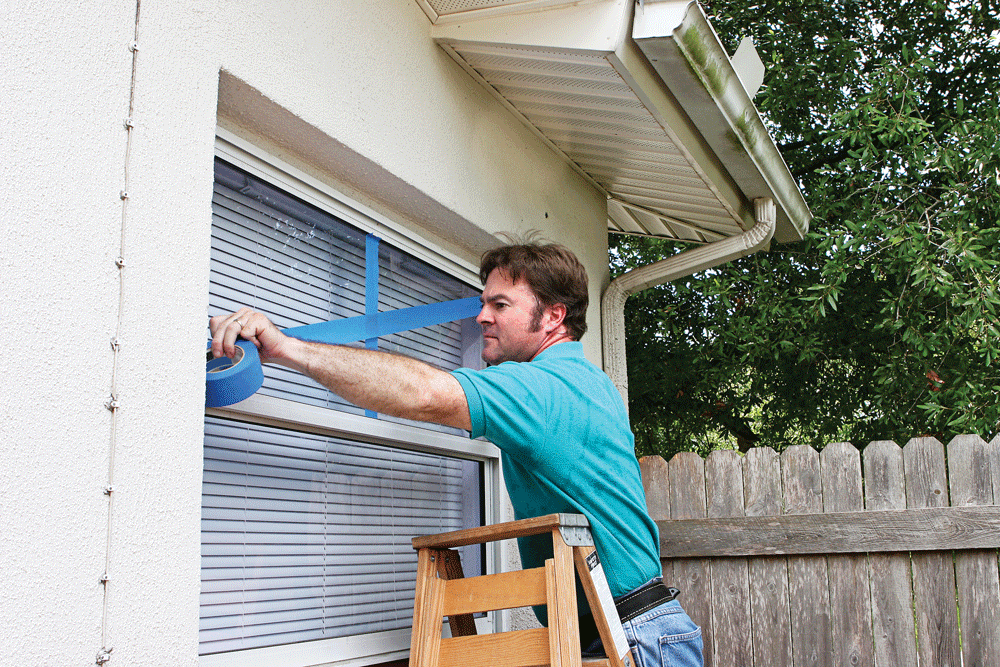HONING YOUR SKILLS TO PERFECTION TAKES TIME AND PATIENCE
There are an amazing number of ways today that you can learn about survival that were not available even 10 years ago. Magazines like American Survival Guide, New American Homesteader and Modern Pioneer have articles in every issue introducing you to concepts and techniques that you never heard before and how-to guidance on skills everyone should have. Video websites like YouTube and Vimeo have literally hundreds of videos from dozens of sources showing you how to do everything from building a fire to what to put in your backpack to how to build a space heater or an air conditioner from the same five gallon bucket available at your local home improvement box store.

Psychologists and professional trainers have known for decades that to truly integrate a new piece of information, especially if it involves physical or mental skills, you need to actually use that new information in a practical, real world way. That is why your math teacher gave you ten problems to work through as homework every night and your third grade teacher gave you sentences to diagram so that the various parts of a complete sentence became second nature to you. Using information in a practical way is the best way to integrate it into your thinking.
Only through actual practice of a new skill do you gather the insights and experience that enable you to perform that new skill in any situation you might find yourself. For example, how dry does your tinder need to be to get your fire going? How tight is too tight when you wrap the gauze around a wound? Can you stay on a bearing when using your compass to navigate in the backcountry woods?
SKILLS ARE PERISHABLE

Many times our skills are a very perishable resource, especially when they have to be performed quickly, like in a first aid situation, or if you don’t use them very often, like starting a fire or tying a specific knot. For that reason making sure you practice them is important. There isn’t any one best way to keep on top of your skills, but there are three that work well together.
One of the simplest ways to practice is to integrate them into your daily routines. Pull out your flint and steel when you need to light the charcoal grill or the gas stove in the kitchen. Sharpen your kitchen knives by hand instead of using the electric sharpener or sending them away to get sharpened. Make an adhesive bandage with tape and a gauze pad instead of using a Band-Aid.
“ONE OF THE SIMPLEST WAYS TO PRACTICE IS TO INTEGRATE THEM INTO YOUR DAILY ROUTINES.”
The second way to keep in practice is to attend classes or a seminar as a refresher. American Survival Guide University, ASGU.ASGMAG.com, is an excellent new resource for practical training as well. In addition to being a great way to refresh your knowledge base and to get some more hands-on practice, these seminars are also a good way to learn new or advanced skills. Courses are available on a wide range of topics for users at all levels of experience.

A third way to practice is to plan events where you have to use your skills. If you want to top off your outdoor survival skills you can take a camping trip or go backpacking. Set up your regular campsite as a fall back option, then find out if you remember how to build a fire without matches or with wet wood. Pull out your tarp and try setting it up in the dark and make sure you can still get it tight and tie that taut-line hitch. Use your water purification tablets or filter pump to get your water instead of opening that bottled water you brought from the supermarket. Use your compass and hike cross country for a half hour, try to find yourself on the map, then turn on a new bearing for another half hour and then find your way back. While you are out enjoying nature you can also see how far you can really walk with your bug out bag on your back and if you can actually walk that “average of three miles per hour” like the experts say you should be doing.
HURRICANE PARTY
If your main focus is prepping for an emergency rather than taking care of yourself in the outdoors you can treat yourself and your family to a “hurricane party” by turning off your electricity and water supply and see if your plans are as complete as you thought they would be. You might find filling the bathtub to create your emergency water supply would have worked a lot better if the tub was clean before you tried to fill it. That tub-sized water reservoir may look like a better deal than when you looked at it last year. See what it is like to cook meals on a propane camping stove or on your charcoal grill when your kitchen oven and stove are not available. You may find the choice of freezedried food for your meals (instead of stockpiling canned food) may not sit too well with your family and uses far more of your limited water than you expected. Or that you forgot to get a manual can opener so you can access the wall of canned food in the basement.

And now that you brought your skills back up to the level you want them at don’t stop there. You are not the only person in your group or in your family who needs to know these things, so as you get more proficient make sure you teach others so they can fend for themselves or be a backup if you are not available, or if you get injured.
Editors Note: A version of this article first appeared in the April 2015 print issue of American Survival Guide.


